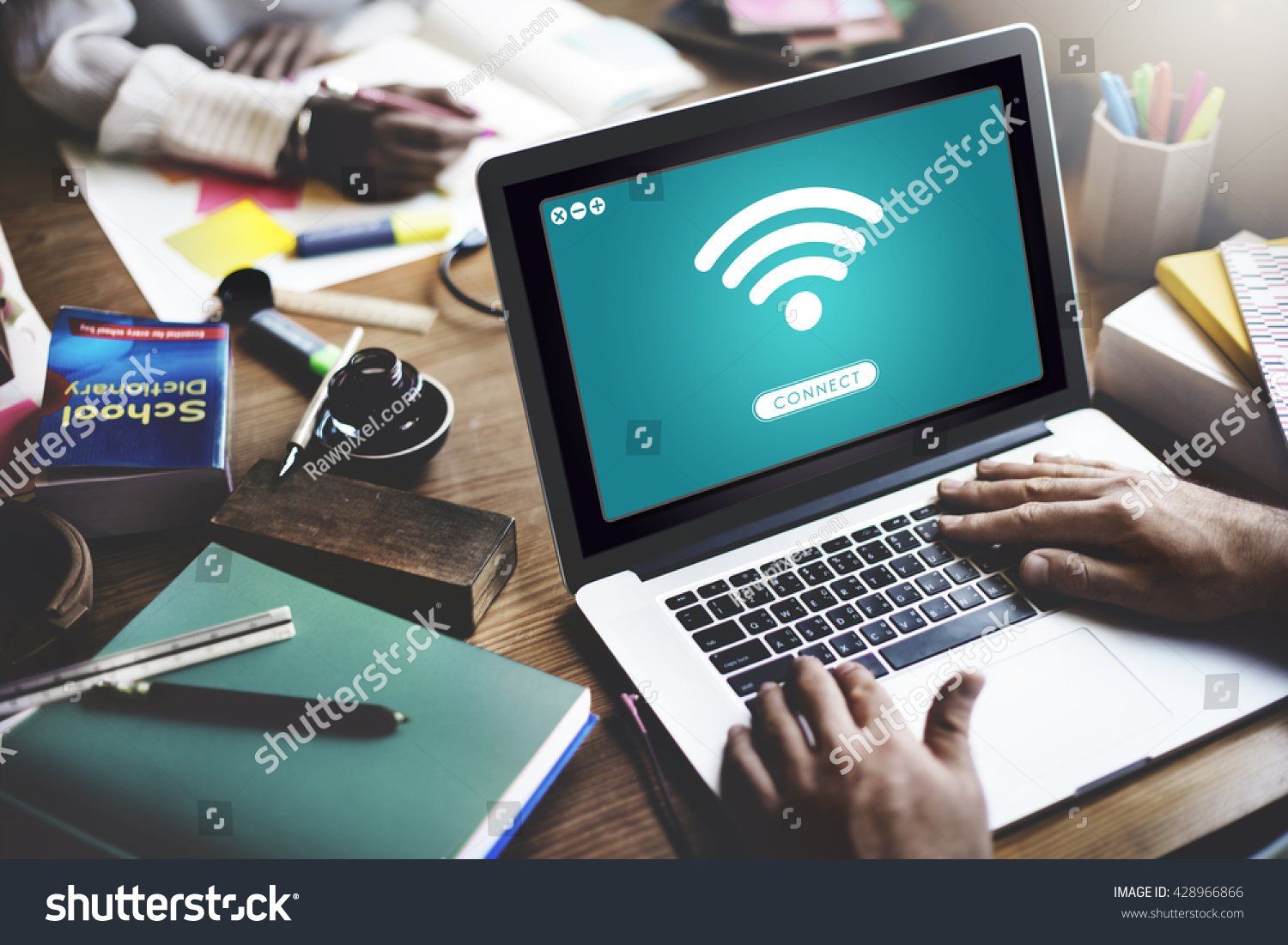Get ready, get set, get safe for summer travel
By staying vigilant and following these tips, you'll be well on your way to a safer, more secure travel season.

As we prepare for the summer travel season, it's crucial to remember that cybersecurity is just as important as packing your suitcase. Here are some top tips for staying as safe as possible through the holiday months:
1. Update your devices
Before you embark on your journey, ensure all your devices are up to date. This includes your smartphone, tablet, and laptop. Updates often include important security patches that protect your devices from the latest threats. Cybercriminals are always on the lookout for vulnerabilities in outdated software, which they can exploit to gain unauthorized access to your devices. By keeping your devices updated, you're fortifying your first line of defense against these threats. I would recommend not waiting until the last day to do this, we all have had experiences where an update went wrong, and that’s the last thing you want to happen right before you leave.
2. Secure your home network
If you're going to be away from home, consider turning off your router unless you need it for smart home devices. An idle router can be an easy target for cybercriminals. By turning it off, you're eliminating a potential entry point for hackers who might try to compromise your home network. If you need to keep it on, ensure that it's secured with a strong, unique password and that its firmware is up to date.
3. Be wary of public Wi-Fi
Public Wi-Fi networks at airports, hotels, and cafes can be convenient, but they're often not secure. Cybercriminals can easily eavesdrop on these networks to steal sensitive information. If you must connect, consider using a virtual private network (VPN) like Avast SecureLine VPN. A VPN encrypts your internet connection, making your online activities private and secure, even on unsecured networks. There are some other benefits to the use of VPNs, such as streaming your favorite TV shows from your country even if you are traveling abroad.
4. Protect your personal information
Avoid using shared computers for sensitive tasks like online banking. Shared computers can be infected with malware that records your keystrokes, compromising your personal information. If you must use a public computer, do not log in or enter any credentials anywhere. It is very likely that the computer is compromised, and malware is spying on all activity going on there. Once done, clear the browser history before you leave to prevent the next user from viewing your browsing activity.
5. Enable two-factor authentication
Two-factor authentication (2FA) adds an extra layer of security to your online accounts. It requires not just a password, but also a second factor—usually a code sent to your phone—to access your accounts. This means that even if someone steals or guesses your password, they won't be able to access your account without the second factor.
6. Back up your data
Before you travel, back up your data. This could be to an external hard drive or a cloud service. If your device gets lost or stolen, you'll still have access to your important files and photos. Regular backups also protect you from data loss due to device failures or malware infections.
7. Keep an eye on your devices
Never leave your devices unattended in public places. Not only can they be physically stolen, but a thief could also access your personal information. Always keep your devices within sight and use biometric security features like fingerprint or face recognition, if available.
8. Beware of phishing scams
Be cautious of any unexpected emails or messages asking for your personal information. Scammers often ramp up their phishing efforts during popular travel times, posing as airlines or travel agencies to trick you into giving up your personal information. Always verify the sender's identity before clicking on any links or providing any information.
Remember, cybersecurity is a journey, not a destination. Stay vigilant, follow these tips, and you'll be well on your way to a safer, more secure summer vacation. Safe travels!
If you think this blog would be useful for others, please share with friends, family and colleagues:
Get in touch to book one of our Tech Angels






